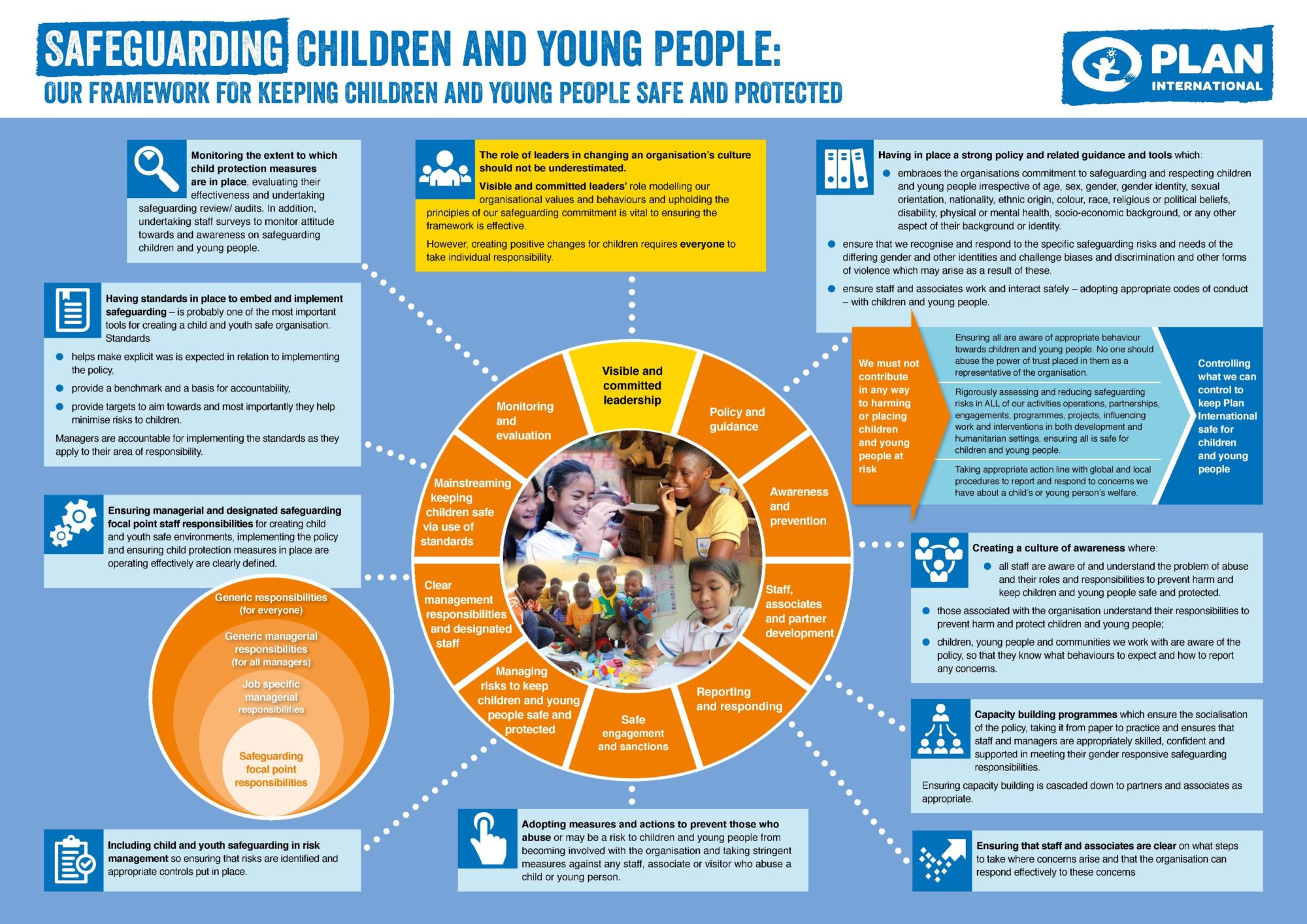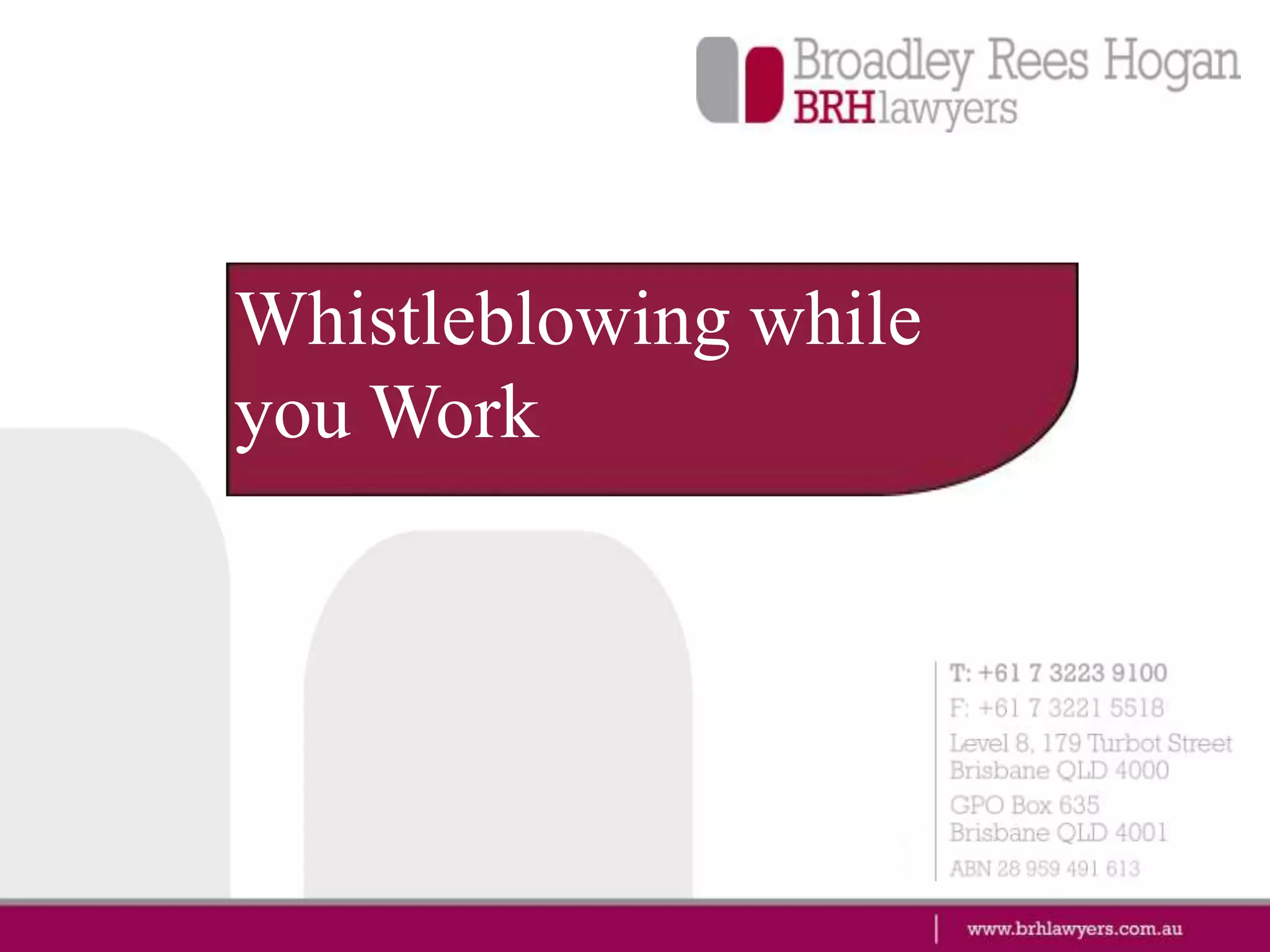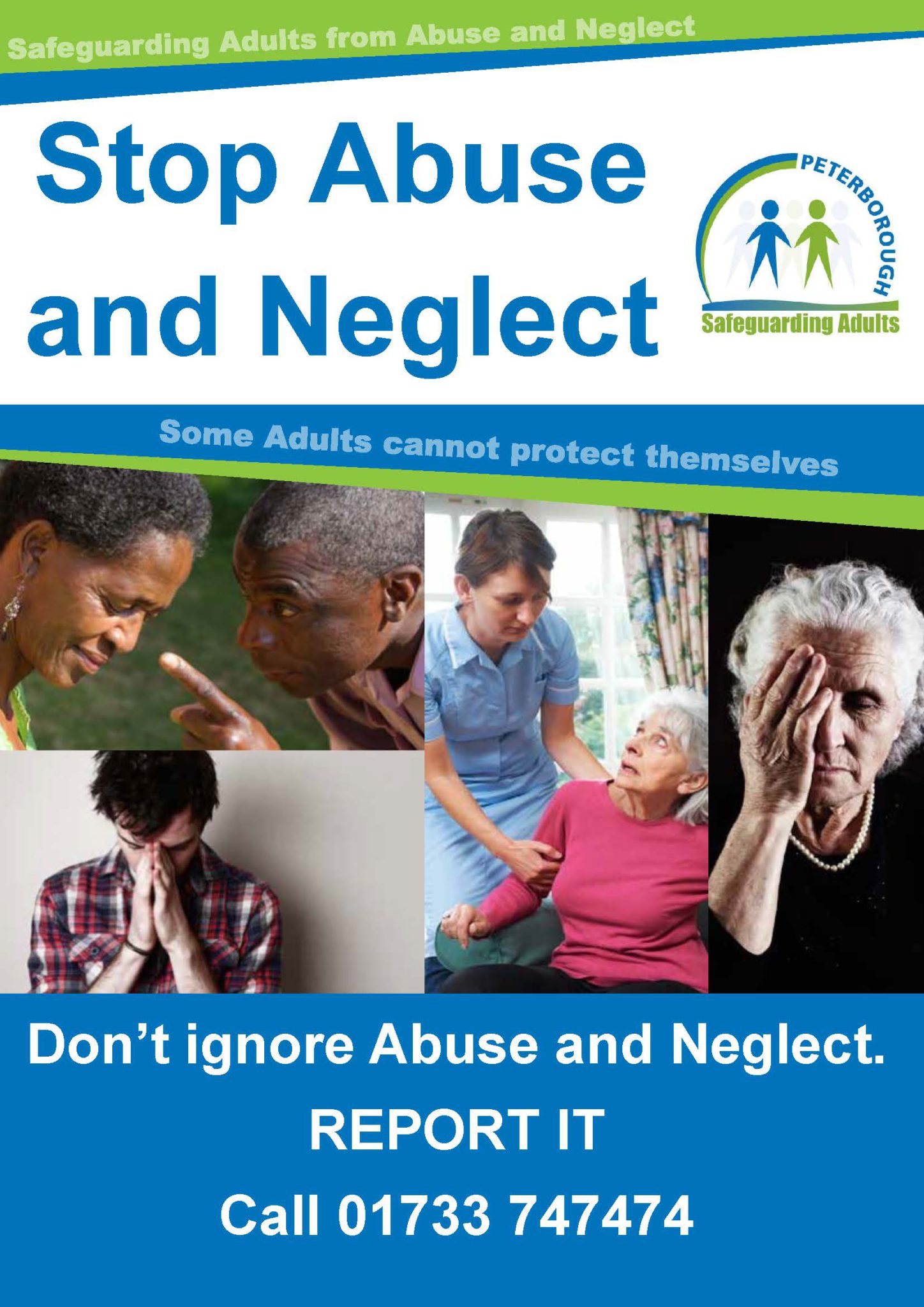Whistleblowing: safeguarding the public while defending employees. Whistleblowing is the act of exposing wrongdoings or violations of the law. It is a vital tool for protecting the public interest, but it can also put whistleblowers at risk of retaliation.
Editor's Notes: Whistleblowing: Protecting The Public Interest While Safeguarding Employee Rights have published today date. Whistleblowing is critical to maintain justices.
We conducted extensive research and analysis to compile this guide on Whistleblowing: Protecting The Public Interest While Safeguarding Employee Rights. This guide will help you make the best possible decision for your specific situation.

HDCS - Source www.hdcsnepal.org
| Whistleblower Protection Act of 1989 | Sarbanes-Oxley Act of 2002 | |
|---|---|---|
| Covered Employees | Federal employees | Public company employees |
| Protected Activities | Disclosures of violations of law, rule, or regulation | Disclosures of fraud, waste, and abuse |
| Remedies | Reinstatement, back pay, and other relief | Reinstatement, back pay, and other relief, including punitive damages |
FAQ
This FAQ section aims to clarify common questions and misconceptions surrounding whistleblowing, the act of reporting illegal or unethical conduct, while emphasizing the importance of protecting both the public interest and employee rights.

Safeguarding Policy In A Nursery Setting - Source gerstent34libguide.z14.web.core.windows.net
Question 1: What are the main motivations for whistleblowing?
Individuals may choose to blow the whistle for various reasons, including a sense of civic duty, concern for public safety or the environment, belief in the need for accountability, and witnessing wrongdoing that violates ethical or legal standards.
Question 2: What are the potential risks associated with whistleblowing?
Whistleblowers may face retaliation, including job loss, demotion, harassment, or even physical harm. They may also encounter skepticism, hostility, or social isolation. It is crucial to have strong legal protections and support systems in place to mitigate these risks.
Question 3: What steps can employees take to protect themselves if they become whistleblowers?
Employees should understand their legal rights and responsibilities. They should carefully document evidence of wrongdoing, seek support from colleagues or organizations, and consider using anonymous reporting channels if possible. It is essential to have a plan in place to ensure personal safety and confidentiality.
Question 4: What are the legal safeguards available for whistleblowers?
Many countries have enacted whistleblower protection laws that prohibit retaliation and provide various forms of support. These laws vary in scope and effectiveness, but they play a vital role in encouraging whistleblowing.
Question 5: How can we create a culture that supports and protects whistleblowers?
Encouraging ethical behaviour and transparency, providing training and resources, and fostering a culture of respect and accountability are essential steps towards creating a supportive environment. It requires collective effort from individuals, organizations, and policymakers.
Question 6: What are the potential benefits of whistleblowing?
Whistleblowing can uncover corruption, fraud, and other illegal activities, leading to increased transparency and accountability. It can protect the public interest, prevent harm, and strengthen the rule of law. Moreover, it can inspire others to speak up and promote a more ethical society.
In conclusion, whistleblowing is a crucial tool for protecting the public interest, but it is essential to provide robust legal safeguards and foster a culture that supports and protects whistleblowers. By balancing the need for accountability with employee rights, we can create a society where individuals can speak up without fear of reprisal.
The next article section will delve deeper into the legal, ethical, and practical considerations surrounding whistleblowing.
Tips
Whistleblowing is a critical tool for protecting the public interest and safeguarding employee rights. To ensure the effectiveness and integrity of the whistleblowing process, consider the following tips:
Tip 1: Understand the Legal Protections Available
Familiarize yourself with the laws and regulations that protect whistleblowers in your jurisdiction. These laws typically specify the types of information that are protected and the procedures that must be followed when making a report. Understanding these protections can help you make informed decisions about whether and how to report wrongdoing.
Tip 2: Document and Preserve Evidence
Gather and document any evidence that supports your allegations. This may include emails, memos, financial records, or witness statements. Preserving this evidence will strengthen your case and make it more difficult for those accused of wrongdoing to dismiss your claims.
Tip 3: Choose the Appropriate Reporting Channel
Consider the various reporting options available to you and select the channel that best suits your circumstances. Internal reporting channels, such as supervisors or compliance officers, may be appropriate for minor issues or when you fear retaliation. External reporting channels, such as regulatory agencies or law enforcement, may be necessary for more serious allegations or when internal channels are ineffective.
Tip 4: Seek Legal Advice if Necessary
Consulting with an attorney can provide you with valuable guidance on your rights and the legal process involved in whistleblowing. An attorney can also assist you in preparing and filing a report and representing you in any subsequent investigations or legal proceedings.
Tip 5: Be Prepared for Retaliation
Retaliation against whistleblowers is illegal, but it can still occur. Be prepared to document any instances of retaliation and report them promptly to the appropriate authorities. Retaliation can take many forms, such as demotion, termination, or blacklisting.
For more in-depth information on whistleblowing laws and best practices, read our article Whistleblowing: Protecting The Public Interest While Safeguarding Employee Rights.
Whistleblowing: Protecting The Public Interest While Safeguarding Employee Rights
Whistleblowing is a crucial practice that both protects the public from harm and safeguards the rights of employees who expose wrongdoing. It involves understanding

Whistleblowing: Public Interest Disclosure by Australian Public - Source www.slideshare.net
the essential aspects of whistleblowing, balancing the public's need for information with the potential risks to employees who report misconduct.
- Protection of the Public: Whistleblowing helps ensure public safety and wellbeing.
- Balancing Interests: Striking a balance between revealing wrongdoing and protecting those who report it is paramount.
- Legal Safeguards: Laws and regulations protect whistleblowers from retaliation and ensure their anonymity.
- Accountability and Transparency: Whistleblowing promotes accountability and transparency in organizations and institutions.
- Ethical Obligations: Employees have an ethical responsibility to report wrongdoing that could harm others.
To conclude, the key aspects of whistleblowing underscore the importance of protecting the public while respecting employee rights. Ensuring robust legal protections, fostering a culture of ethical reporting, and implementing mechanisms for anonymous disclosure can strengthen whistleblowing's effectiveness and safeguard the public interest.
Whistleblowing: Protecting The Public Interest While Safeguarding Employee Rights
Whistleblowing is the act of reporting illegal or unethical conduct within an organization to external parties, such as government agencies or the media. While whistleblowing can be essential for protecting the public interest, it can also put employees at risk of retaliation. Therefore, it is important to have strong laws and policies in place to protect whistleblowers from retaliation.

Safeguarding Adults Poster | Cambridgeshire and Peterborough - Source safeguardingcambspeterborough.org.uk
In the United States, the Whistleblower Protection Act of 1989 protects federal employees from retaliation for reporting waste, fraud, and abuse. However, many states do not have similar laws, and even in states that do, whistleblowers can still face discrimination and other forms of retaliation. This can create a chilling effect, discouraging employees from reporting wrongdoing.
One of the most famous examples of whistleblowing is the case of Edward Snowden, who leaked classified information about the National Security Agency's surveillance program. Snowden's actions sparked a global debate about the balance between national security and privacy. He has been praised by some for his courage in exposing government wrongdoing, but he has also been criticized for putting national security at risk.
The case of Snowden highlights the complex ethical and legal issues that can arise in whistleblowing cases. It is important to weigh the potential benefits of whistleblowing against the potential risks, and to make sure that whistleblowers are protected from retaliation.
Conclusion
Whistleblowing is an important tool for protecting the public interest, but it is also important to safeguard the rights of employees who report wrongdoing. Strong laws and policies are needed to protect whistleblowers from retaliation and to encourage them to come forward with information about illegal or unethical conduct.
The case of Edward Snowden highlights the complex ethical and legal issues that can arise in whistleblowing cases. It is important to weigh the potential benefits of whistleblowing against the potential risks, and to make sure that whistleblowers are protected from retaliation.



